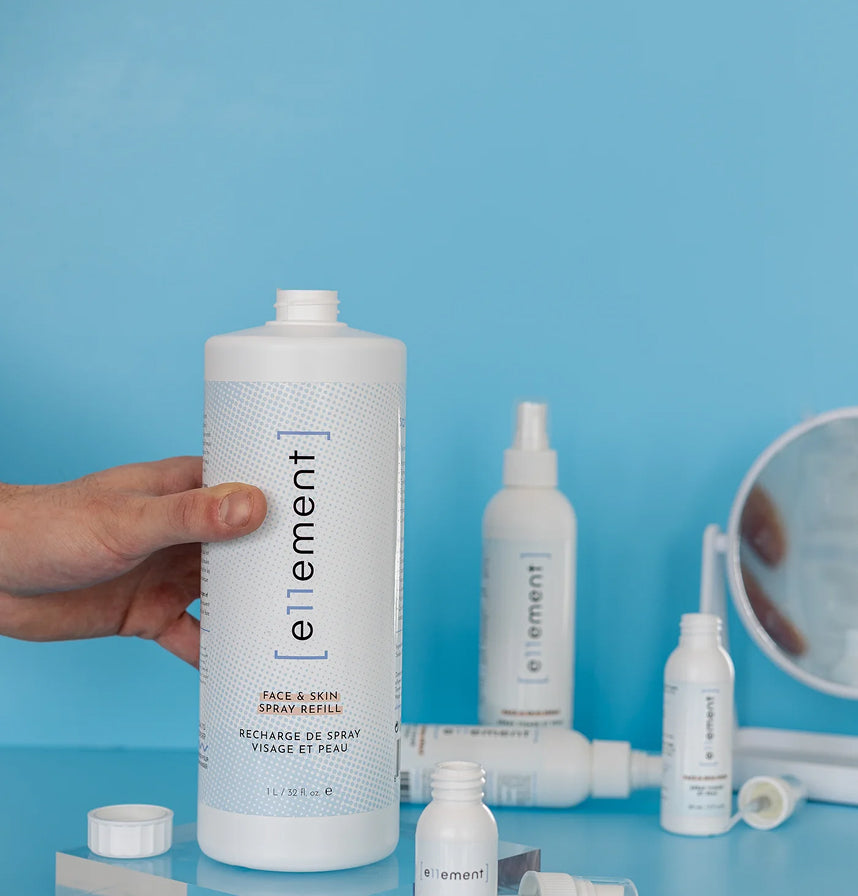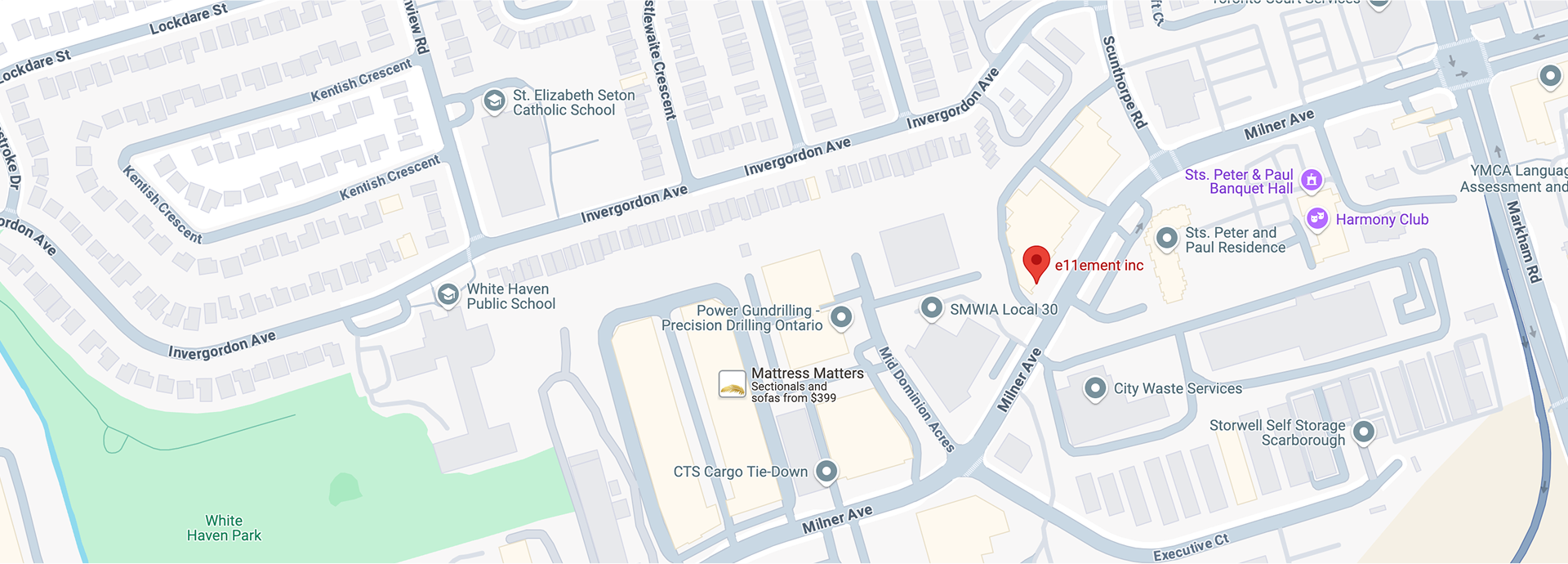Eczema is a common skin condition that affects many teenagers, especially girls. It causes redness, dryness, and irritation, making it difficult to maintain clear and healthy skin. Managing eczema requires a gentle skincare routine that soothes inflammation and prevents flare-ups. One ingredient that has gained attention for its ability to calm eczema-prone skin is hypochlorous acid.
In this article, we will explore how hypochlorous acid can soothe eczema for teen girls and provide tips on incorporating it into a daily skincare routine.
Understanding Eczema and Its Effects on Teen Skin
Eczema, also known as atopic dermatitis, is a chronic skin condition that causes inflammation, itching, and irritation. It often starts in childhood and can persist into the teenage years. Some common triggers include:
-
Harsh skincare products
-
Environmental allergens
-
Stress
-
Weather changes
-
Certain fabrics or detergents
For teen girls, eczema can be particularly frustrating as it affects self-confidence and makes makeup application challenging. Finding the right skincare routine is essential for reducing symptoms and maintaining healthy skin.
What Is Hypochlorous Acid?
Hypochlorous acid (HOCl) is a naturally occurring compound that the body produces to fight infections and heal wounds. It has powerful antimicrobial and anti-inflammatory properties, making it an excellent ingredient for soothing irritated skin. Unlike harsh chemical treatments, hypochlorous acid is gentle and safe for sensitive skin, including eczema-prone skin.

How Hypochlorous Acid Can Help Soothe Eczema
1. Reduces Inflammation
One of the main benefits of hypochlorous acid is its ability to reduce inflammation. When applied to eczema-prone skin, it helps calm redness and irritation, preventing flare-ups and promoting healing.
2. Fights Bacteria and Prevents Infection
Eczema can cause small cracks in the skin, making it vulnerable to bacterial infections. Hypochlorous acid has antimicrobial properties that kill harmful bacteria without disrupting the skin’s natural balance. This reduces the risk of infections and speeds up the healing process.
3. Soothes Itching and Discomfort
The itching associated with eczema can be unbearable, leading to scratching and further irritation. Hypochlorous acid provides relief by soothing the skin and reducing the urge to scratch, which helps prevent additional damage.
4. Hydrates and Protects the Skin Barrier
A weakened skin barrier is one of the main issues with eczema. Hypochlorous acid helps maintain the skin’s moisture balance and strengthens its natural barrier, keeping irritants out and hydration in.
How to Include Hypochlorous Acid in a Skincare Routine
For teen girls dealing with eczema, incorporating hypochlorous acid into their skincare routine can be beneficial. Here’s a step-by-step guide:
Step 1: Gentle Cleansing
Start with a mild, fragrance-free cleanser designed for sensitive skin. Avoid harsh exfoliants and foaming cleansers, as they can strip the skin of its natural oils.
Step 2: Apply Hypochlorous Acid Spray
After cleansing, spray a hypochlorous acid solution onto the affected areas. Let it air dry or gently pat it into the skin. This step helps reduce inflammation and soothes irritation.
Step 3: Moisturize Thoroughly
Follow up with a thick, hydrating moisturizer that locks in moisture. Look for ingredients like ceramides, hyaluronic acid, and glycerin to support the skin barrier.
Step 4: Use Sunscreen Daily
Sun exposure can worsen eczema, so applying a mineral-based sunscreen with zinc oxide or titanium dioxide is essential. Choose a formula that is free of fragrances and harsh chemicals.
Step 5: Avoid Harsh Ingredients
When selecting skincare and beauty products, check labels for potential irritants. Avoid alcohol-based toners, artificial fragrances, and sulfates, as these can trigger eczema flare-ups.
Additional Tips for Managing Eczema
Apart from using hypochlorous acid, there are other ways to manage eczema effectively:
-
Wear Soft, Breathable Fabrics – Cotton is a great choice, while wool and synthetic fabrics may irritate the skin.
-
Use a Humidifier – Adding moisture to the air can prevent skin from drying out, especially in colder months.
-
Stay Hydrated – Drinking plenty of water helps keep the skin hydrated from within.
-
Limit Hot Showers – Hot water can strip natural oils from the skin, so opt for lukewarm showers instead.
-
Reduce Stress – Stress is a known trigger for eczema. Practicing relaxation techniques such as meditation or yoga can help.
Final Thoughts
Eczema can be challenging to manage, especially for teen girls who are trying to maintain healthy, clear skin. Hypochlorous acid is a gentle and effective solution that helps reduce inflammation, fight bacteria, and soothe irritation. By incorporating it into a proper skincare routine and following additional eczema care tips, teen girls can achieve healthier, more comfortable skin.
Understanding how hypochlorous acid can soothe eczema for teen girls is an important step toward finding relief. With the right approach, managing eczema becomes easier, leading to improved skin health and confidence.























